BMW Develops Autonomous R1200GS

BMW has developed an autonomous motorcycle that can operate without a rider. BMW showed off a prototype based on an R1200GS to journalists last week in southern France, demonstrating its ability to start up, accelerate, corner and come to a stop without any human input
But don’t expect to see a GS moving by itself on the streets any time soon; even BMW admits the idea of an autonomous motorcycle doesn’t make sense as a consumer product. After all, what’s the point of an R1200GS riding itself to Starbucks if there’s no rider to drink the coffee? Instead, BMW plans to use the self-riding motorcycle as a platform for testing and developing motorcycle safety technology.
A team led by engineer Stefan Hans spent more than two years developing its autonomous motorcycle. The self-riding GS is equipped with radar and other sensors to detect the surroundings while small actuators control the throttle, brakes and transmission.
The prototype will be used to test safety aids that can intervene when a rider isn’t aware of a potential danger. Current aids such as anti-lock braking and traction control already offer a form of intervention, modulating brake pressure or engine torque to control rear wheel spin and traction. Future autonomous systems could intervene in other ways, such as by increasing lean angle around a corner to avoid an oncoming vehicle drifting across the median.
Critics would say such aids are unnecessary and can never make up for a truly skilled rider, but even the most experienced of riders can make mistakes. Target fixation is a well documented phenomenon, especially in panic situations, but one that could be countered by an autonomous system. A rider coming in too hot around a corner might try to compensate but instead becomes fixated on a sign post passing his field of vision and start veering toward it. An autonomous steering aid would not be affected and could step in to help the rider maintain a safe line.
BMW isn’t alone in developing autonomous systems. Yamaha has its motorcycle-riding MotoBot and Honda has a self-balancing motorcycle prototype. Both Honda and Harley-Davidson are known to be working on autonomous braking systems, and Bosch is working on adaptive cruise control systems that will eventually be equipped on future KTM and Ducati models.

Dennis has been a part of the Motorcycle.com team since 2008, and through his tenure, has developed a firm grasp of industry trends, and a solid sense of what's to come. A bloodhound when it comes to tracking information on new motorcycles, if there's a new model on the horizon, you'll probably hear about it from him first.
More by Dennis Chung



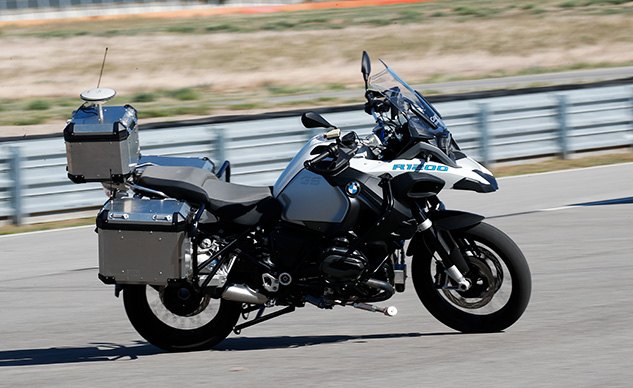
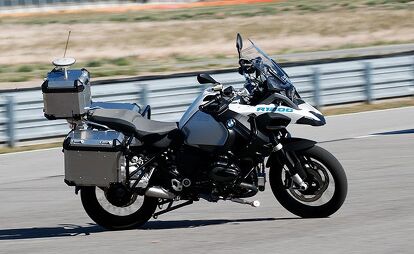









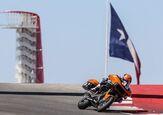
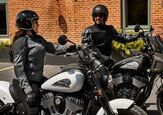
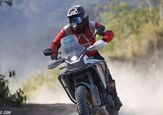

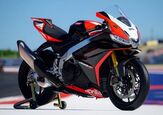
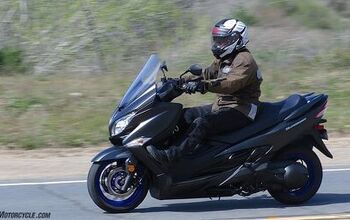
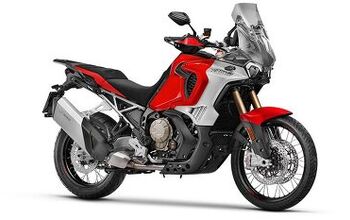

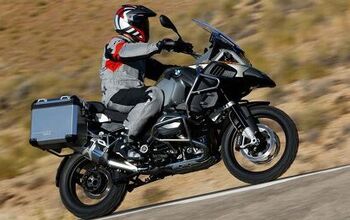
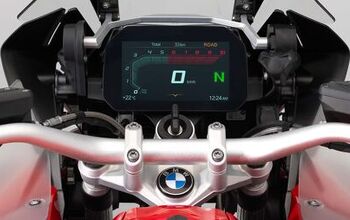
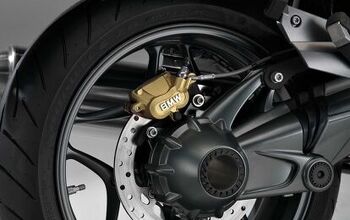
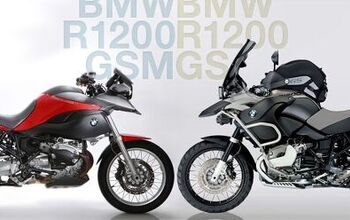
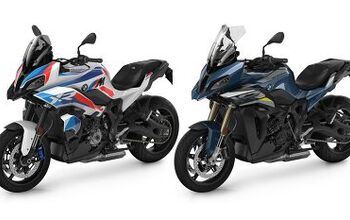

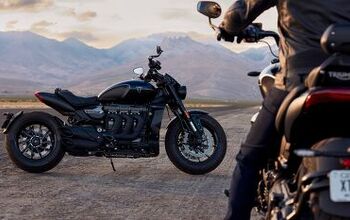
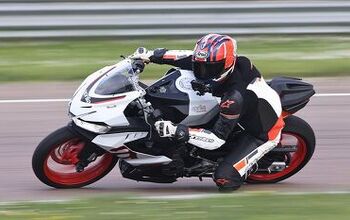
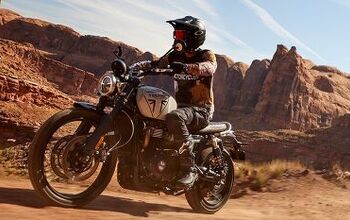

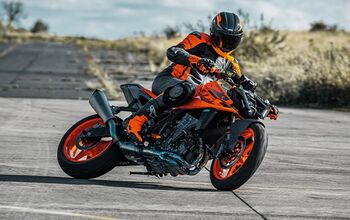
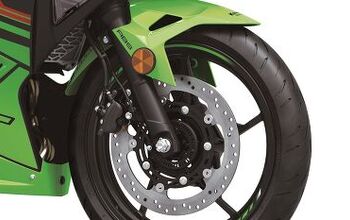
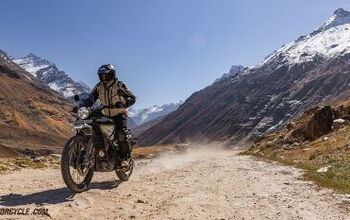
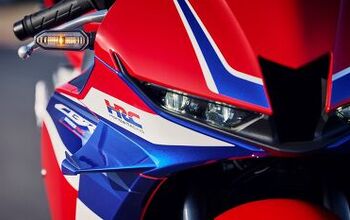
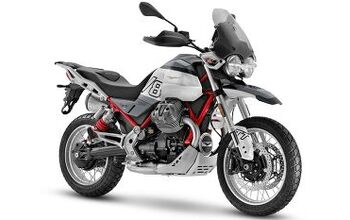
Comments
Join the conversation
But... Why? Just because you can doesn't mean you should.
So a bit late to the discussion, question. When can one argue in court that their alcohol consumption is not of a safty concern?